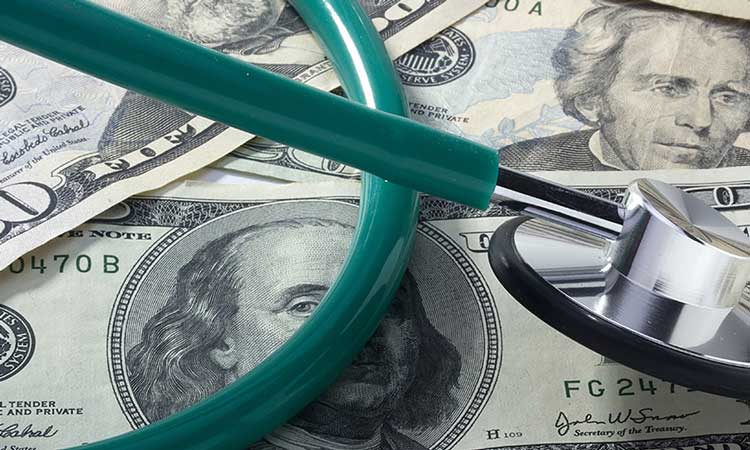How a Health Savings Account Can Help You Take Control of Medical Expenses

What is a Health Savings Account?
A Health Savings Account (HSA) is a checking account that earns a higher interest on the daily balance. An HSA offers checks and a free Visa Debit card so you can make payments directly to your health care provider during your visits or pay for approved medical costs such as prescriptions or other approved purchases.
Do I need a health insurance plan with an HSA?
Yes. If you are interested in an HSA you will need to enroll in a high deductible health insurance. plan. When combined with a high deductible health insurance plan, an HSA is an alternative to traditional health insurance. For members not enrolled in Medicare, enrolling in a qualified high deductible plan and contributing to an HSA* is a good alternative to pay for medical expenses.
Who should consider an HSA?
Anyone who is looking for fluidity in their funds to cover health care costs. The funds put into your HSA can be made as a lump sum, direct deposited into the account, or with other regular contributions.
What are the other benefits of an HSA?
The money that is put into an HSA is tax deductible and can be rolled over annually, if the funds are not used. Since you own the account, it goes where you go, even if you change jobs. You can contribute up to $3,500 annually for a single person, or $7,000 for a family at any time during the year and the account earns dividends.** Individuals 55 years or older can contribute an additional amount annually to "catch up".
When can I enroll?
Enrollment typically runs from November 1– December 15 each year. Plans sold during the 45 days of Open Enrollment start January 1.

